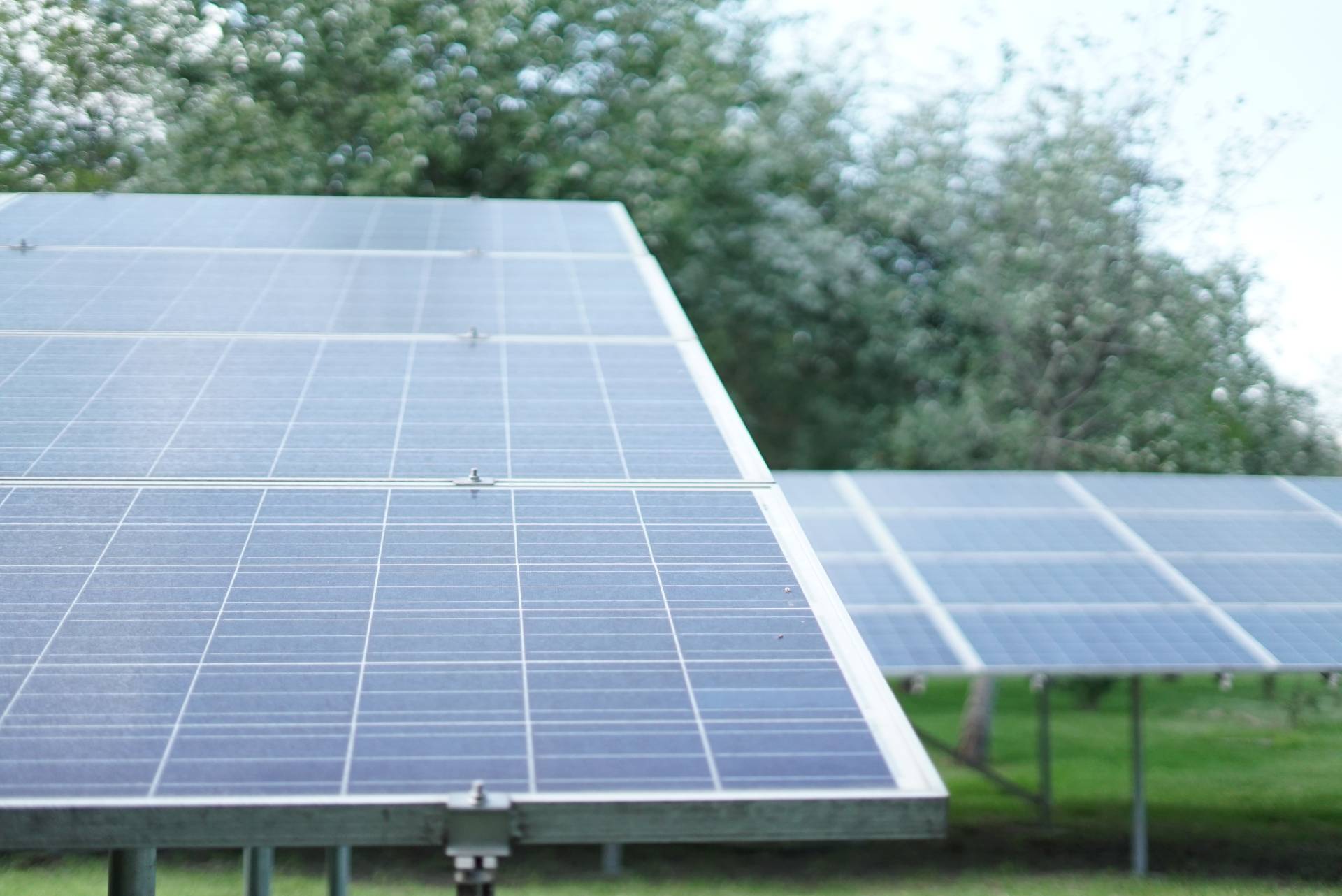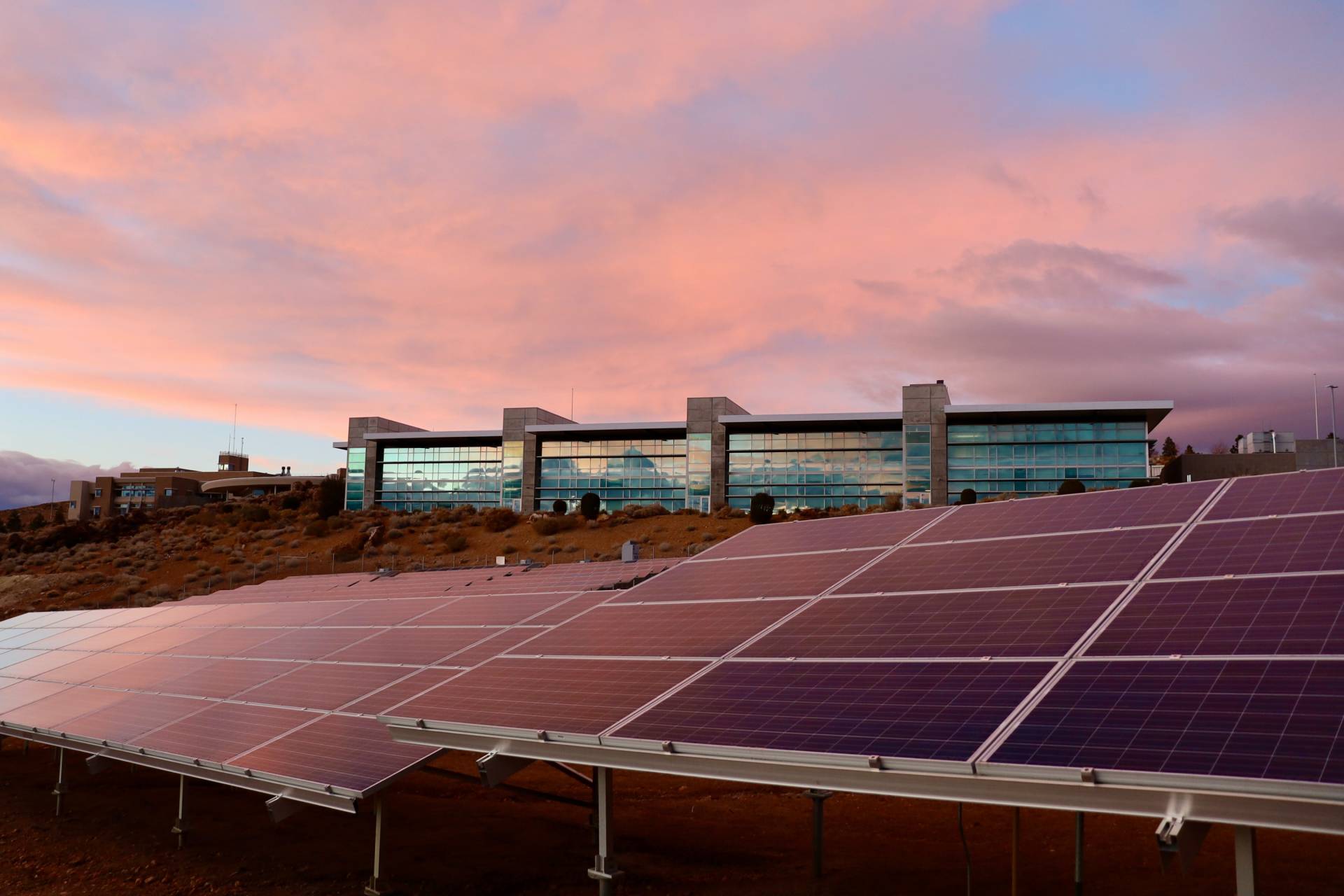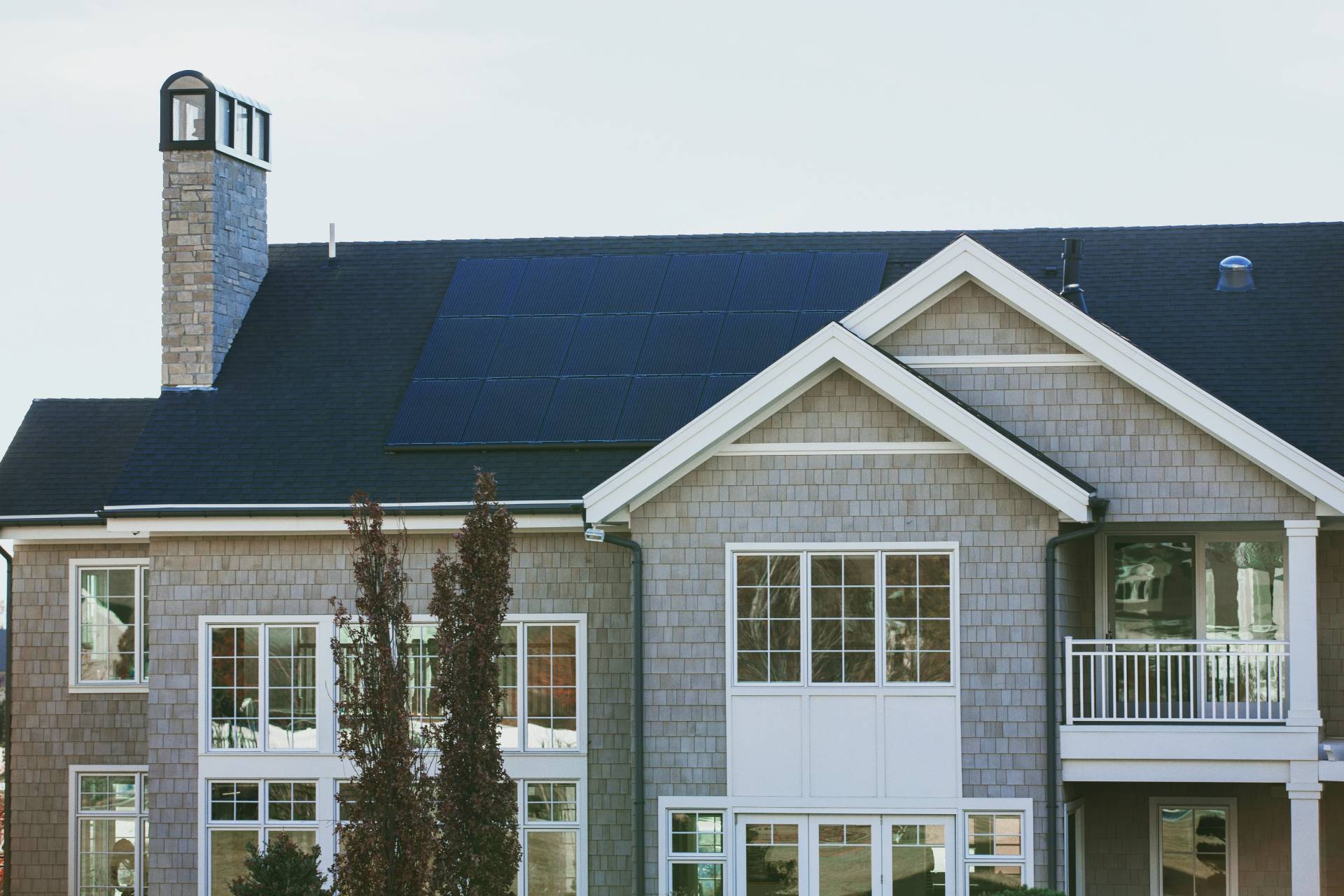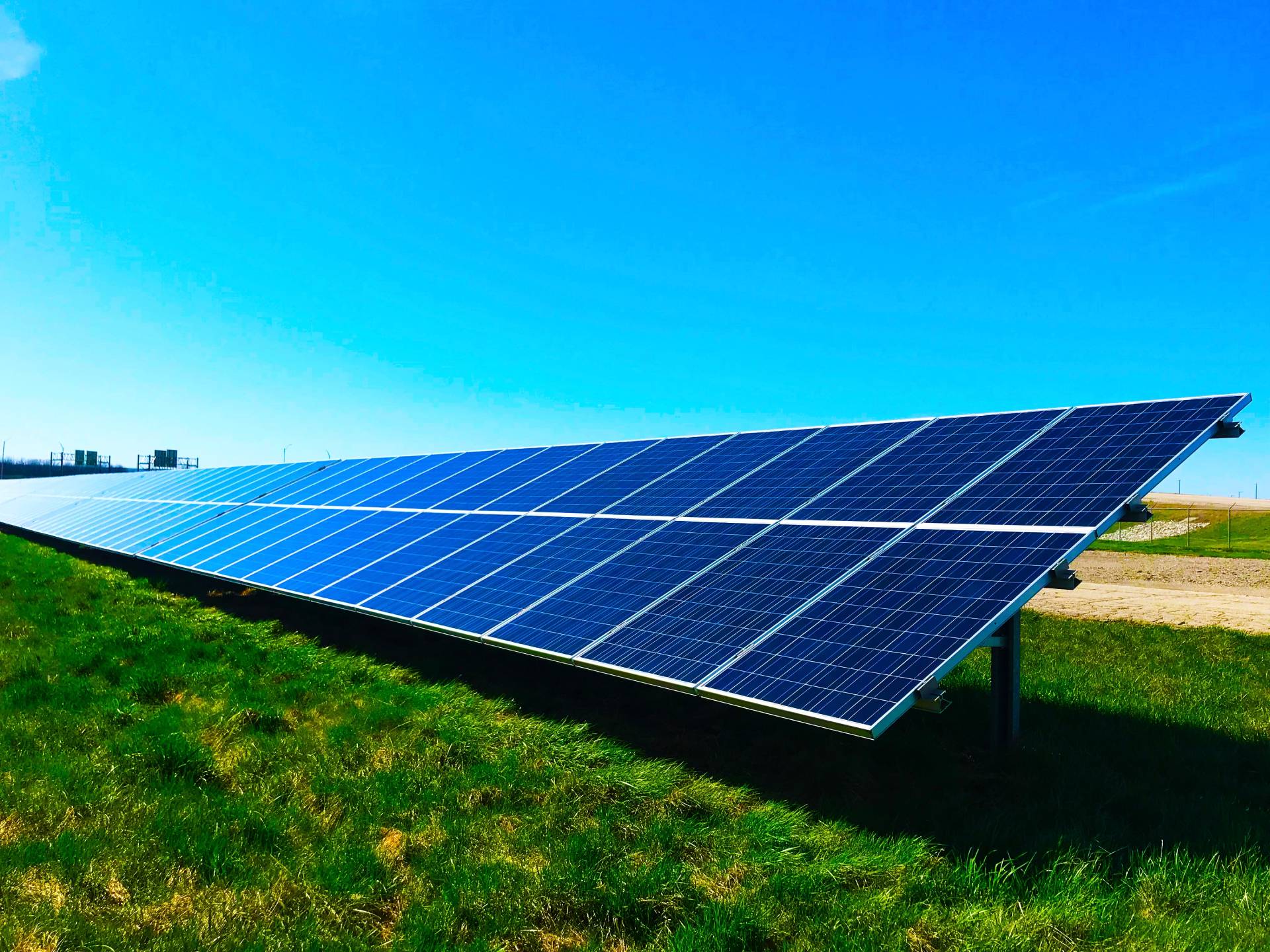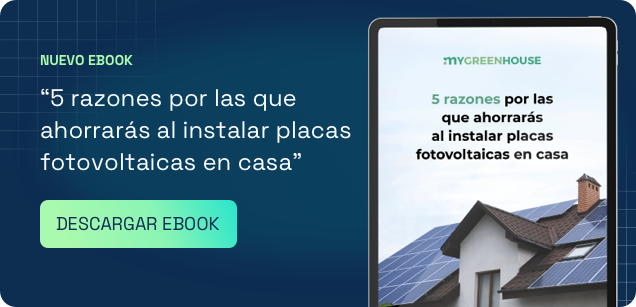Virtually all the energy we consume on our planet could be obtained by using renewable and non-polluting sources. For this reason, more and more people are becoming aware of climate change and the environment, and are looking for renewable energy to cover the energy demands of their homes.
By renewable energy we mean any energy that is obtained from unlimited natural sources, has a low environmental impact, and does not produce any type of pollutants.
Although there are different types of renewable energy, the most common types for domestic use are photovoltaic solar energy, solar thermal energy, wind energy, biomass energy, and aerothermal energy.
All of them produce 100% clean green energy, reduce the energy footprint, and help you to save money. However, the one you choose will depend on the specific needs of your home.
Solar energy, the most accessible renewable energy for the home
The most accessible renewable energy for the home is solar energy, and it works by transforming the energy that comes from the sun’s radiation into heat (solar thermal energy) or electricity (through photovoltaic solar panels).
Solar energy is one of the most widespread and well-known renewable forms of renewable energy, and is also one of the fastest growing in the last five years (up to 80% growth). This is due to:
- A greater awareness in society.
- The reduction in the cost of the systems, all due to a reduction in the cost of materials, the elimination of the so-called “sun tax”, public aid for financing, and also tax relief.
- Higher electricity prices.
But why do we say that solar energy may be the right option for you?
The key here is self-consumption, an energy generation system based on the production of electricity at the point of consumption (your own home in this case).
There are many advantages with self-consumption. To begin with, there are minimal losses in the transportation and distribution of electricity, users can break free from the large electricity companies, and they can also reduce the impact of electricity price hikes.
And, finally, from a social viewpoint, self-consumption also favours energy transition and the fight against climate change.
If you are interested in this subject, here is a post that we have written on the subject – all about photovoltaic panels and their contribution to the environment.
Other reasons to install solar panels in your house are:
-
The sun is an unlimited source of energy
This means that the solar panels fully charge almost every day to supply you with energy. If you want, you can store the surplus energy for use at night or on days with less solar radiation. You can even choose not to consume the surpluses you produce and receive income for them instead.
-
The investment is cost-effective in the long term.
Implementing any type of renewable energy is profitable and cost-effective. In the case of photovoltaic solar energy, the initial investment is recouped in an average of 5-8 years, and energy savings can reach 60% from day one.
-
You can obtain public subsidies and grants
Public institutions promote measures to help individuals and companies that are committed to renewable energy. Some autonomous communities subsidise the equivalent of 20 or 40% of the cost of installing photovoltaic panels, while municipal aid provides tax deductions on your IBI (house tax), which can be up to 50% for 5 years.
-
You will generate a high percentage of your energy needs
A photovoltaic installation may not cover all your energy needs, but it does cover a very high percentage. The optimal functioning of your solar panels allows a controlled, scalable production of energy. If, at any time, your demand for electricity increases, you can easily increase the size of the system (depending on the available surface area on your land or roof). On doing so, you will also increase your system’s power and energy production.
-
Operating and maintenance costs are low.
Solar panels are quick to install and require minimal maintenance. They don’t require fuel to operate, they are static and they only need to be checked and cleaned periodically to ensure their efficiency.
-
Solar panels have a 25-year guarantee
Photovoltaic panels do not emit any hazardous gases, waste or pollutants. Furthermore, the material they are made from is recyclable, reliable, and durable. On average, the solar panels have a product warranty of 12 years and a performance warranty of 25 years.
Renewable energies are the future, but we also need to be aware of them today. At My GreenHouse we connect homes and companies to this 100% green energy. We also carry out personalised projects and take care of all the paperwork.
Get in touch with us and we will look into your particular needs for free.

